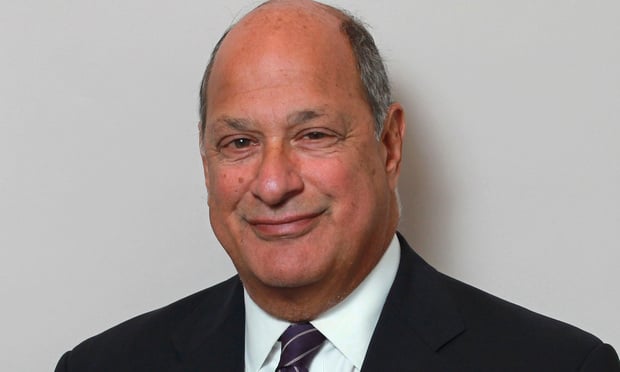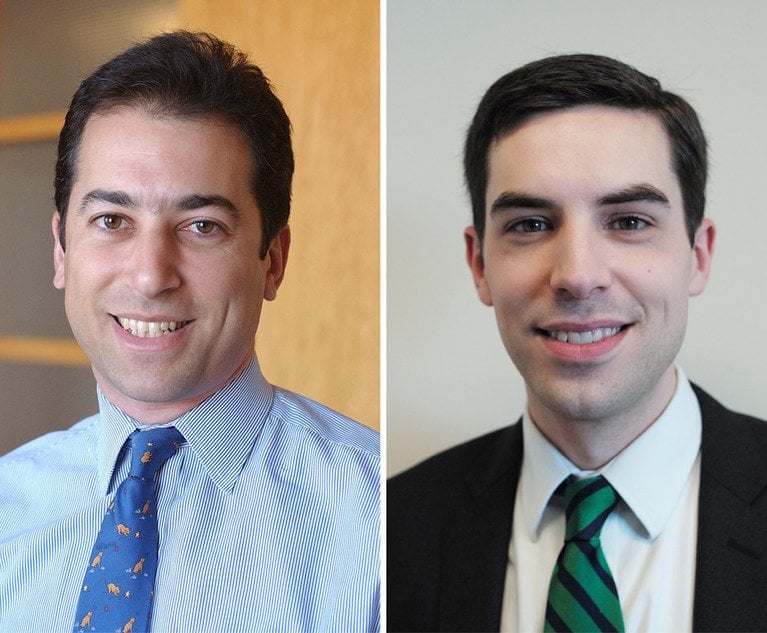When the client, particularly a publicly-known client, is under criminal investigation, his lawyer often tries to take potentially dangerous actions out of the client’s hands—give the client distance, so to speak. He may do so to restrain the undisciplined client given his penchant for doing something to worsen his situation, or he may do it so that the client does not have to take action that in the short term would appear to help, but might actually subject him to further, different criminal exposure later on. The experienced lawyer is often able to skillfully navigate the treacherous shoals implicated without added hazard to the client or even to the lawyer himself. At least, that’s the plan.
But can the lawyer, even the ethical lawyer, sometimes run afoul of “the plan,” particularly when the stakes are high, or the client is particularly demanding? Trump’s lawyer, John Dowd, may have indeed raised the stakes in the investigation by Special Counsel Robert Mueller. The New York Times reported on March 29, 2018 that Trump’s former lead lawyer, early on in the investigation, communicated to Paul Manafort and General Michael Flynn that Trump would ultimately pardon them. Dowd—who enjoys an excellent reputation—has firmly denied this report. But assume, solely for purposes of this article, that it is correct. The message would presumably be clear: “hang tough;” don’t cooperate with Mueller and you’ll never see the inside of a jail. Yes, when Trump pardoned Sheriff Joe Arpaio, who had been convicted of criminal contempt, it was controversial, but it did not appear that Trump told Arpaio, in any way, “go ahead and violate the court’s ruling and I will protect you.” But let’s surmise. Whether “fronting” for the president or not—what if Dowd did communicate to these then-targets, now-defendants, that they should hold their tongues in exchange for quid pro quo pardons? Not explicit; subtle. Knowing they could expect a pardon might be enough. The question for this column is could Dowd—Dowd, not Trump—have personal criminal exposure? Assuming, and underlining the word “assuming,” these proposed facts, indeed he may. If the report is correct, one could conclude that he basically communicated to them or to their lawyers: “Clam up and you’ll be paid for it, with a pardon.”


 Joel Cohen
Joel Cohen




